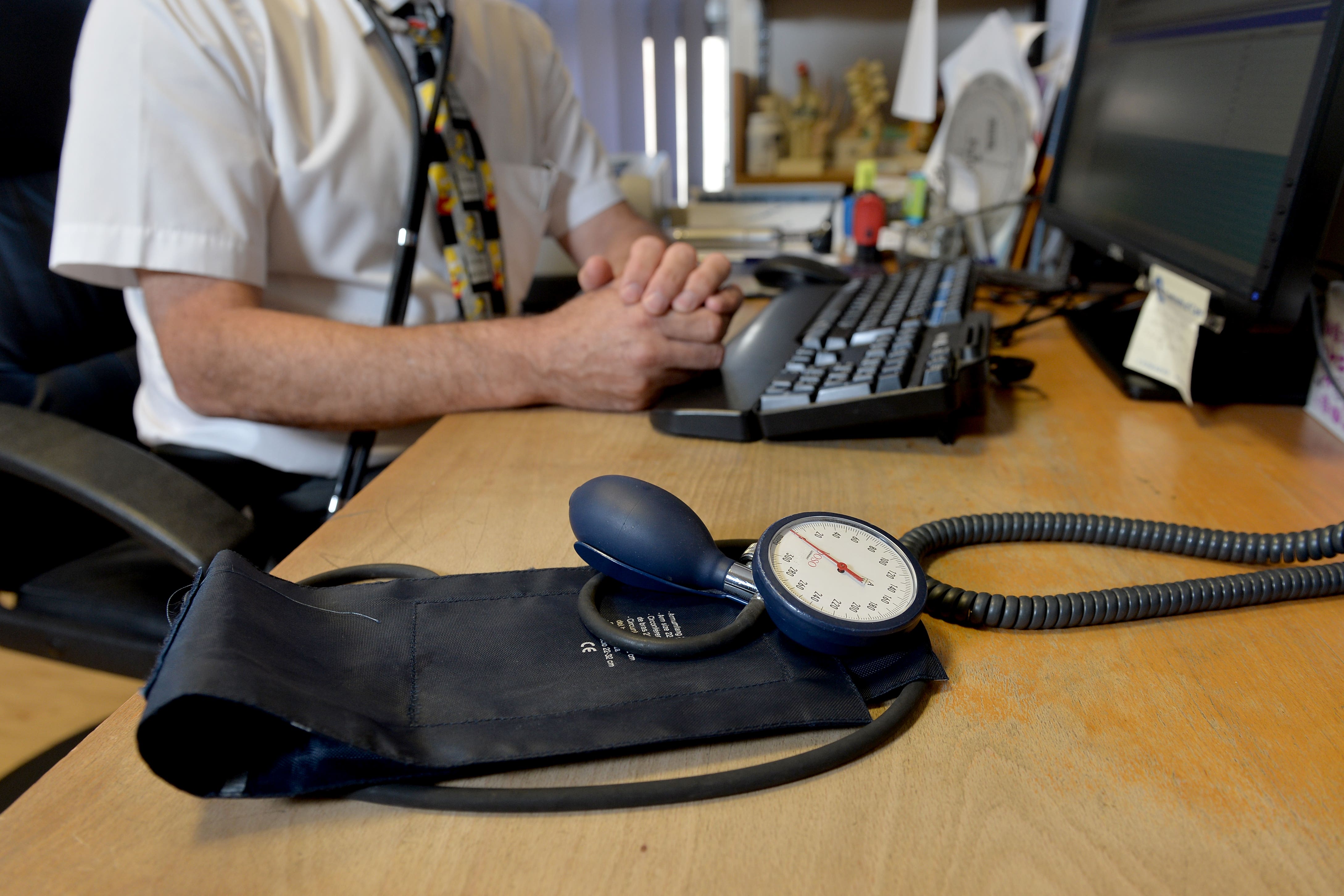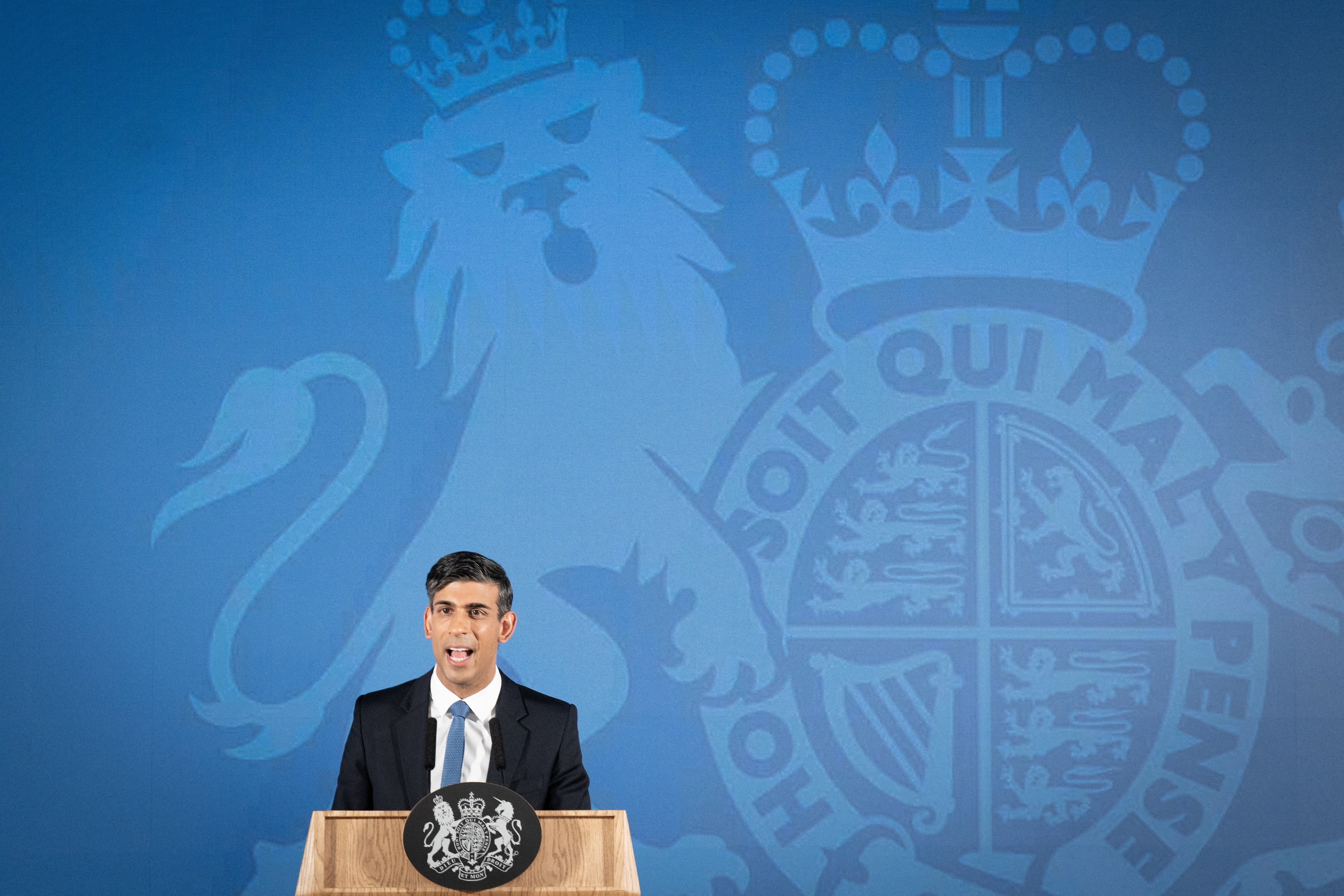Average household to be £2,100 worse off by end of financial year, think tank warns
Research has suggested over six million adults in the UK are going hungry
Your support helps us to tell the story
From reproductive rights to climate change to Big Tech, The Independent is on the ground when the story is developing. Whether it's investigating the financials of Elon Musk's pro-Trump PAC or producing our latest documentary, 'The A Word', which shines a light on the American women fighting for reproductive rights, we know how important it is to parse out the facts from the messaging.
At such a critical moment in US history, we need reporters on the ground. Your donation allows us to keep sending journalists to speak to both sides of the story.
The Independent is trusted by Americans across the entire political spectrum. And unlike many other quality news outlets, we choose not to lock Americans out of our reporting and analysis with paywalls. We believe quality journalism should be available to everyone, paid for by those who can afford it.
Your support makes all the difference.The average household across the country will be left £2,100 worse off by the end of the next financial year, new research suggests.
Analysis shows the biggest impact of dramatically falling living standards for households is yet to hit, according to a report from the Resolution Foundation think tank.
The report also suggests families across the UK have only experienced half of the lost income they are expected to suffer during the cost of living crisis.
After housing costs, the typical income for a working-age household is set to drop by 3 per cent in the financial year to the end of March 2023, followed by a 4 per cent drop over the following 12 months.
The loss of income currently forecasted will leave households worse off than they were before the pandemic until 2028, the think tank suggests.
The 7 per cent drop is likely to hit households harder than during the financial crisis more than a decade ago.
The post-crisis income squeeze following the 2008 global recession only reached about 5 per cent between the 2010 and 2012 financial years.
Even though the current crisis is not at its predicted halfway point yet, the report said millions of people are already struggling to cope with the massive spike in costs seen this year.

The research finds that nearly a quarter (23 per cent) of adults who responded to the report’s survey – equivalent to 12 million people around the country – said they could not afford to replace or repair their fridges, washing machines or other white goods.
Before the pandemic, only 8 per cent of adults said the same.
Researchers also found 11 per cent of adults said that at some point over the last month they went hungry because they did not have enough money.
Before the pandemic, 5 per cent said they went hungry for lack of money.
Among the poorest fifth of households, more than a third (34 per cent) say their health has been affected by the rising cost of living.
Responding to the report, Resolution Foundation researcher Lalitha Try said “Britain is only at the mid-point of a two-year income squeeze, which is set to leave typical families £2,100 worse off.
“The crisis is already taking its toll on families, with over six million adults reporting they are going hungry as a result.
“Low-income families have been hit hardest by soaring energy bills and food prices, and are most likely to have seen both their financial circumstances and their health deteriorate.
“The government has rightly prioritised them in its crisis response – with support targeted at vulnerable households and tax rises hitting better-off families.”

Peter Marland, chair of the Local Government Association’s Resources Board and leader of Milton Keynes City Council, said: “Councils are urging the government to make the household support fund it has provided to councils permanent, alongside greater flexibility so they can ensure it helps people in the greatest need.
“This would also allow councils to crucially shift their focus from short-term crisis support to investing in preventative services which build financial capability and resilience, such as welfare benefit entitlement checks; debt advice; and employment, health, and housing support.”
Labour’s shadow chancellor Rachel Reeves said: “To hear that we are only halfway through this Conservative cost of living crisis will alarm many families, and again brings home the profound damage this government has done over the years.
Ms Reeves recently slammed a Conservative MP for their public criticism of the charity and campaigning work of England football star Marcus Rashford.
She added, “Britain deserves so much more than the 13 years of Tory rule which have left growth on the floor, wages squeezed, living standards plummeting and our public services crumbling.”
The cost of living crisis has touched every corner of the UK, pushing families to the brink with rising food and fuel prices.
- The Independent has asked experts to explain small ways you can stretch your money, including managing debt and obtaining items for free. /life-style/cost-of-living-tips-advice-b2081583.html
- If you need to access a food bank, find your local council’s website using gov.uk.https://www.gov.uk/find-local-council and then use the local authority’s site to locate your nearest centre.
- The Trussell Trust, which runs many foodbanks, has a similar tool. https://www.trusselltrust.org/get-help/find-a-foodbank/Citizens Advice provides free help to people in need. The organisation can help you find grants or benefits, or advise on rent, debt and budgeting. https://www.citizensadvice.org.uk/.
- If you are experiencing feelings of distress and isolation, or are struggling to cope, The Samaritans offers support; you can speak to someone for free over the phone, in confidence, on 116 123 (UK and ROI), email jo@samaritans.org, or visit the Samaritans website to find details of your nearest branch.









Join our commenting forum
Join thought-provoking conversations, follow other Independent readers and see their replies
Comments